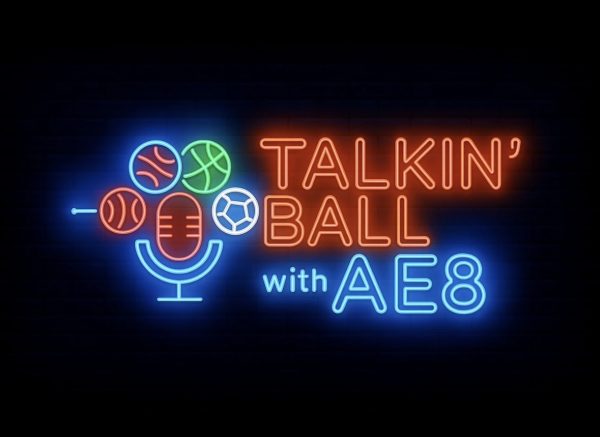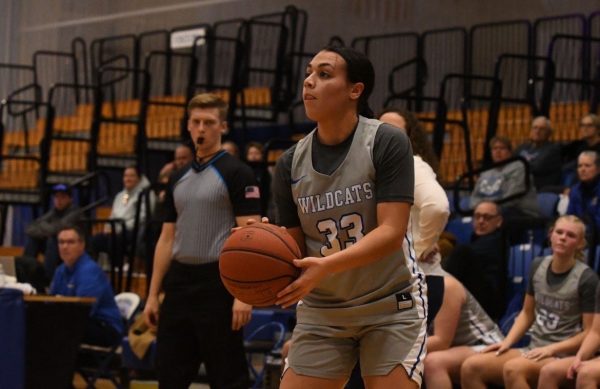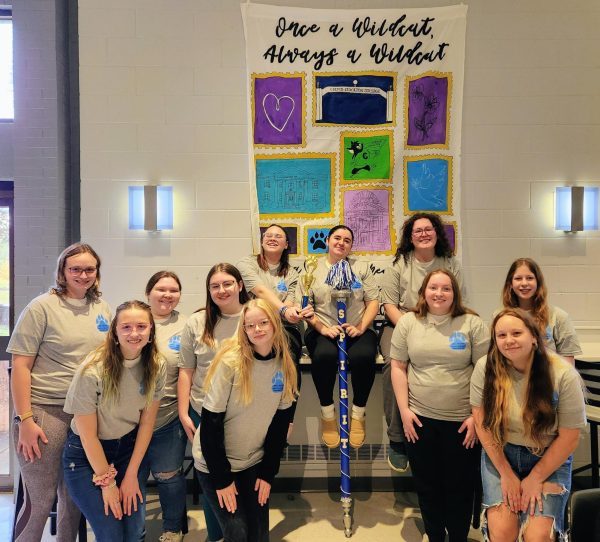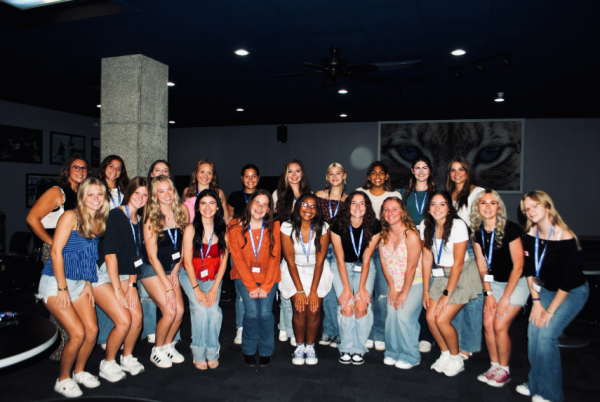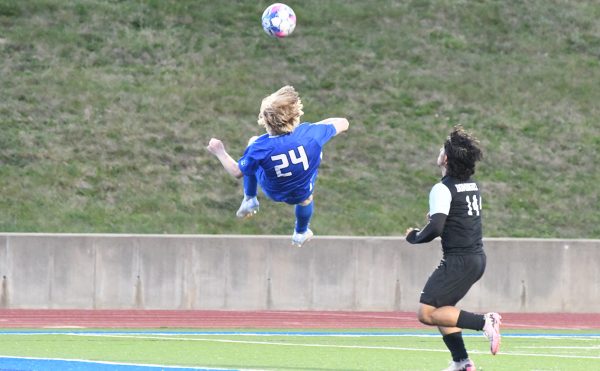Spotting Unhealthy Relationships
The Signs of Abuse
In college many students get into relationships. Being young, students tend to rush into them regardless of whether the situation is healthy or not.
Commonly with younger relationships, the maturity level has not fully developed and can lead to domestic abuse. Not all domestic abuse is in younger people or discriminates in things such as ethnicity and social circles. It is not always physical, either.
After consulting with Dr. Kelli Stiles, Culver-Stockton Lecturer in Psychology and many articles, here are some signs to look for in either a relationship of your own or that of a friend.
In abusive relationships, the abuser’s goal is to belittle and control their partner. Such behaviors can be identified with things such as humiliating or yelling at their partner, blaming for their own abusive behavior, making their partner embarrassed to confide in friends or family, and consistent cruel criticizing. Threatening violent things such as hurting their partner or forcing their partner to do things are signs that should be addressed immediately. Possessive behavior and monitoring of where their partner goes are red signs as well.
The reason emotional abuse is viewed as much more severe is wide. Physical abuse is simply to gain control over physically harming someone, to leave visible marks to show who is in charge. Yes, physical abuse can be intervened with by the police or other authorities. Emotional abuse is not so easy to avoid. Emotional abuse is verbal and can turn psychological, the goal being to lessen someone’s independence and chip away feelings of confidence and self-worth. The physical abuse can leave someone in the hospital with scars, but with emotional attacks, the scars are hidden and run so much deeper.
Lastly, there is a cycle of abuse even among the various forms of abusers whether it be gaslighting, a way of acting like nothing is wrong and blaming the abused for what is happening, or upfront aggressive behaviors.
The cycle begins with simple Abuse, lashing out in a form of power play. Followed by Guilt, not over what they have done but for the simple fact of possibly getting caught. Then Excuses which are simply blaming their partner for their own actions. “Normal” behavior follows, giving the abused hope that things will be getting better. The abuser then begins thinking of reasons to make their partner pay and how to abuse them, this is called Fantasy Planning. Lastly, the Set up where the plan is in motion to abuse again.
With all the signs of abuse laid out, make sure to keep an eye out for such things. If a close friend is in one, do not be afraid to approach them and ask if they need help. Or if you are in one yourself, reach out to someone you can trust or any faculty on campus for help.



